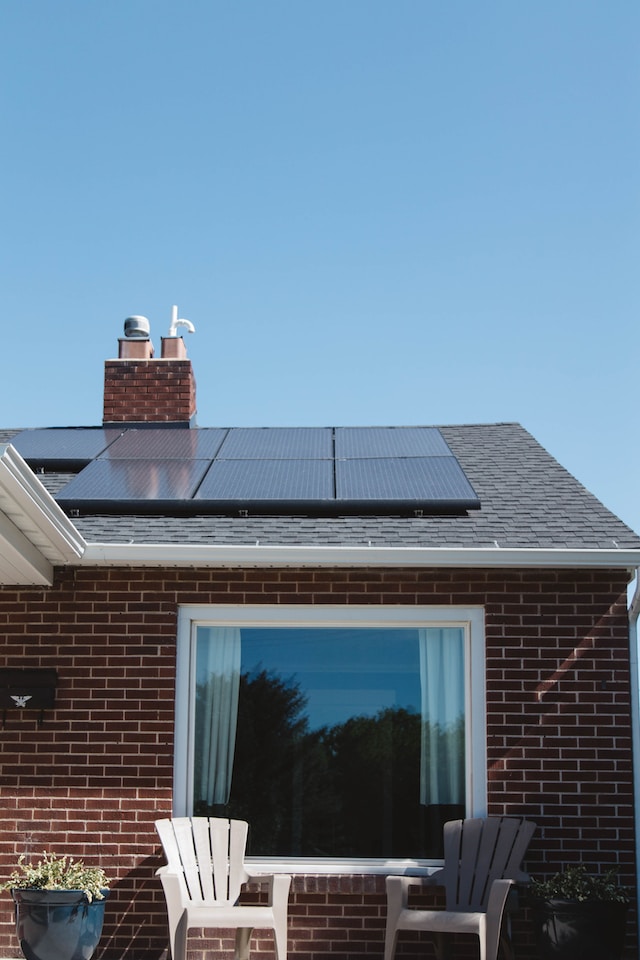Solar technology has advanced significantly during the past ten years, partly because of government incentives and falling prices. It is still a significant financial commitment.
But, with the right financial planning and an expert guide, solar energy can be more affordable than you think! Here are a few reasons why.
Cost
Solar energy may first seem expensive, but the investment is considerably more reasonable than people realize. Throughout the system’s lifespan, installing and buying a solar energy system may save you hundreds of dollars in energy costs.
The key is to shop around for the best solar prices. Getting quotes from several service providers, like buying a car or house would be best.
You should compare their solar panel prices, as well as their installation fees and the number of tax credits they offer. It would be beneficial to read client reviews and learn what they had to say about the business.
In the past decade, the cost of manufacturing solar modules has plummeted, making the technology cheaper than most forms of electricity. This was thanks to various advances working together to lower production costs and reduce the learning rate. These include increasing the size of factories, reducing labor costs, making manufacturing more efficient, and using cheaper materials.
Energy Efficiency
Solar energy is an effective and economical way to reduce or eliminate your home’s energy bills. Depending on how much energy your home uses, you can offset as much as 83-106% of your electricity use with solar panels.
As the cost of solar energy has come down over time, homeowners have discovered methods to build solar systems on a budget. In addition, when installing a solar system, consumers gain from government rebates, tax credits, and cash or loan incentives.
For instance, the federal government provides a 30 percent tax credit on the purchase price of your solar panel system through its 30% solar tax incentive program. Even though solar energy may cost more than other options, you may expect to save money within six to ten years. These savings can be used toward your monthly electricity bill or the initial expenditures of installing a solar system.
Lastly, many people have found that solar energy increases their home’s value. A study by Zillow revealed that homes with solar panels sold for 4.1% more than those without.
Considering solar energy’s energy efficiency and environmental benefits, you can see why so many people are making this switch. The long-term savings are enough to make a system worth the investment.
Environmental Impact
In place of fossil fuels, which emit greenhouse gases and other pollutants that contribute to global warming, solar energy offers a fantastic option. Healthcare expenses and early death are also decreased.
Another environmental benefit of solar energy is that it does not strain the world’s water resources. Older electricity sources like coal, natural gas, and nuclear power require significant water for cooling. This can cause severe droughts and water shortages in some regions.
In arid locations, concentrating solar thermal plants may use large amounts of water to clean their collectors, concentrators, and cooling turbine generators. This can strain water supplies and impact ecosystems that depend on these resources.
The solar industry has been developing technologies and methodologies to help reduce solar projects’ impacts on wildlife and the environment.
Tax Credits
Tax subsidies and other incentives have made solar energy installations more accessible. Both residential and business solar systems qualify for these rebates.
The solar tax credit (ITC) allows homeowners and businesses to claim a tax credit of 30% of the cost of a solar system. It applies to the materials and labor involved in a solar installation.
If you don’t use all of the credit in one year, it can be carried over into the following years. You may also deduct some of the credit as a tax refund.
This can significantly reduce your overall tax bill. The ITC is scheduled to decrease from 30% in 2023 and disappear entirely for residential systems in 2035.
Some states provide rebates for solar energy systems in addition to the federal solar ITC, which can further lower the cost of these installations. Before choosing a solar energy system for your house, examining these programs is crucial because they differ significantly from state to state.
Solar panels may cost $7,500 less with a 30% tax credit, making them considerably more accessible for many houses. Solar energy is a great method to reduce energy bills and make your house more environmentally friendly, especially with utility rates in many areas of the country increasing or tripling.
Storage Options
There are many options for storing solar energy, including battery, thermal, and mechanical storage. These can provide many benefits, including decentralization, cost savings, and resilience.
Efficient solar energy storage is essential to a renewable energy portfolio and can significantly affect how much electricity you use. It can also help you store excess energy and use it during high-demand hours when the sun isn’t shining.
Thankfully, battery technology is making big strides in this area. Several affordable batteries on the market can be used for various applications, including home solar.
In addition to storing solar power, storage can power your property during prolonged power outages. Additionally, battery storage can help you go green by reducing your carbon footprint when drawing energy from the grid.




